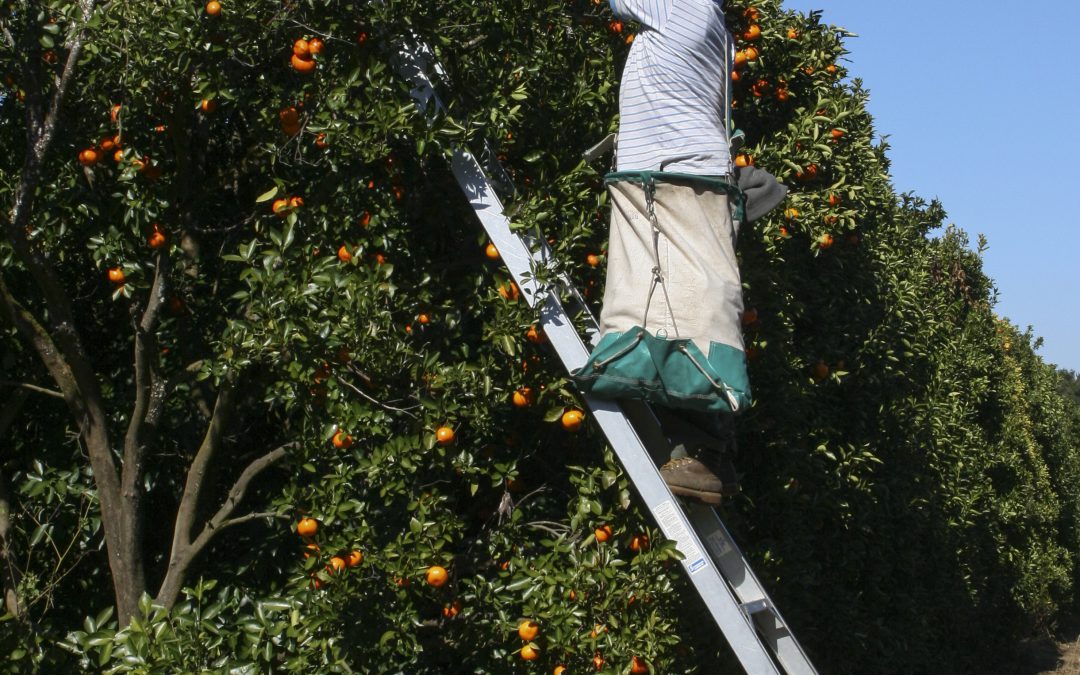
by Danielle S. Williams | Apr 11, 2025
The UF/IFAS Extension Food Safety Team will be hosting a Produce Safety Alliance (PSA) Grower Training on Friday, May 23rd, 2025, at the Gadsden County Extension Office, located at 2140 W. Jefferson St., Quincy, FL. The training will begin at 8:00 AM Eastern and end...
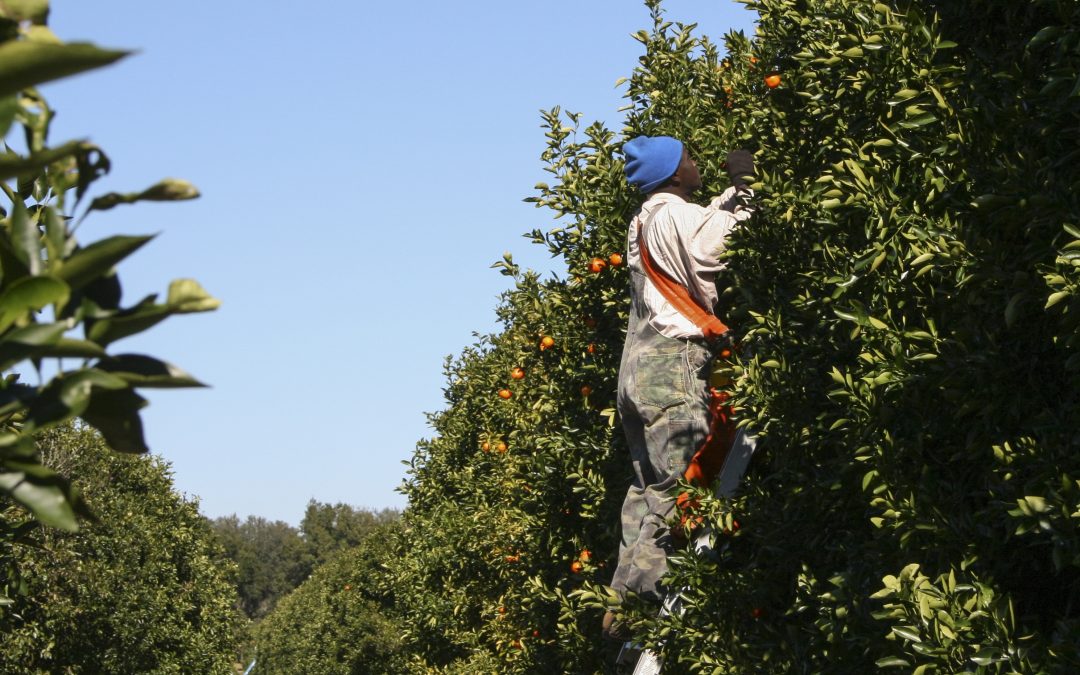
by Danielle S. Williams | Feb 7, 2025
The UF/IFAS Extension Food Safety Team will be hosting a Produce Safety Alliance (PSA) Grower Training on Wednesday, March 5th, 2025, at the Gadsden County Extension Office, located at 2140 W. Jefferson St., Quincy, FL. The training will begin at 8:00 AM Eastern and...
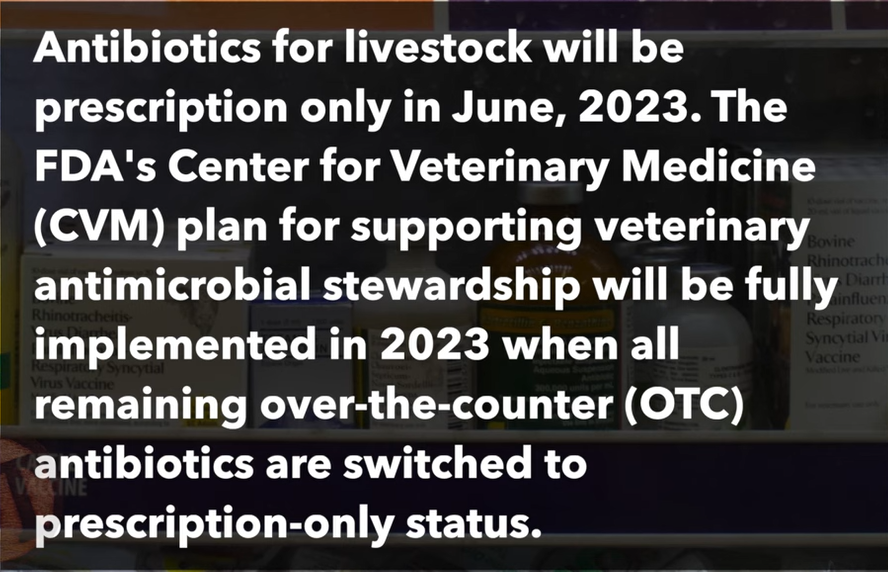
by Doug Mayo | Apr 28, 2023
This week’s video was published by Dr. Dan Thompson, Bovine DVM & Iowa State Professor’s TV show called DocTalk, that airs on RFD-TV. In this episode, Dr. Thompson makes livestock producers aware of upcoming rule changes for both implants and...

by Ray Bodrey | Jun 17, 2022
The state of Florida’s honey production is a solid commodity, no matter the size operation. Small-scale and commercial operations combined makeup the roster of 5,000 registered beekeepers that in turn account for 700,00 colonies. There’s often confusion on bottling,...
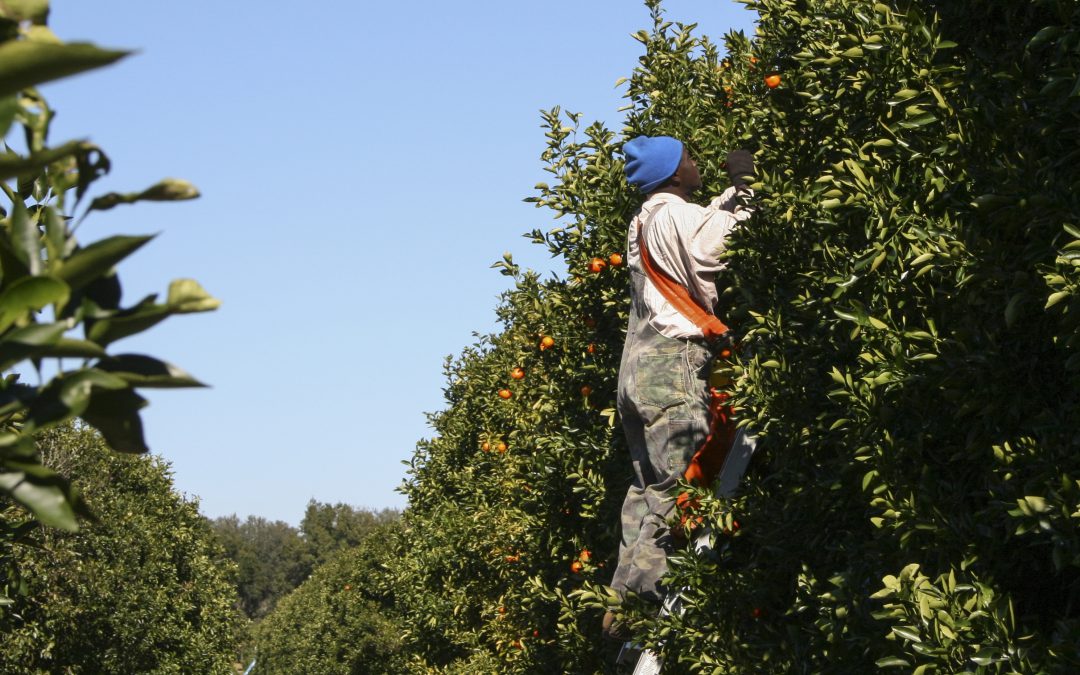
by Danielle S. Williams | Oct 15, 2021
Fall is here so is harvest season! For our fresh produce that is harvested and packed by hand, food safety practices play a major role in protecting consumers. Some growers may be subject to the United States Food and Drug Administration’s Food Safety Modernization...
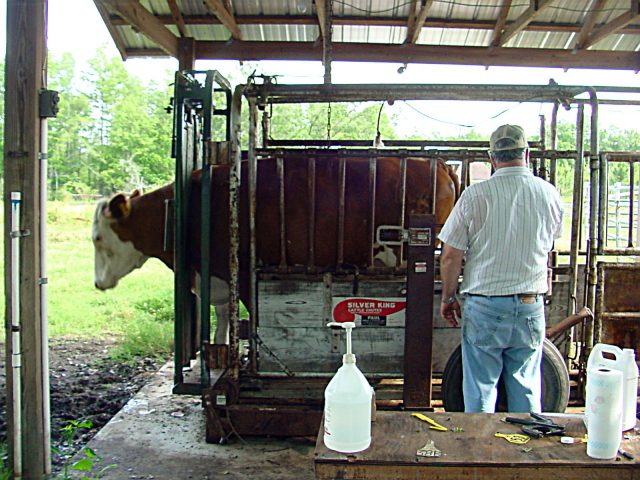
by external | Aug 3, 2018
Glenn Selk, Oklahoma State University Emeritus Extension Animal Scientist Summer time often brings a few infectious ailments to beef cows. Common problems include eye infections and foot rot. Treatment of affected cows will often involve the use of antibiotics. In...







